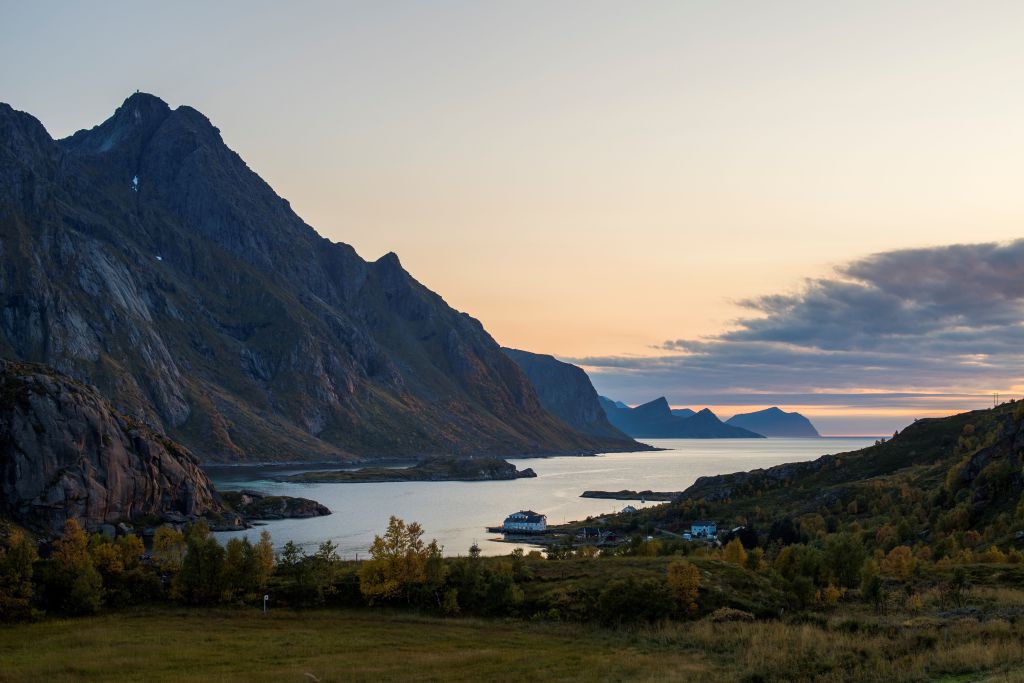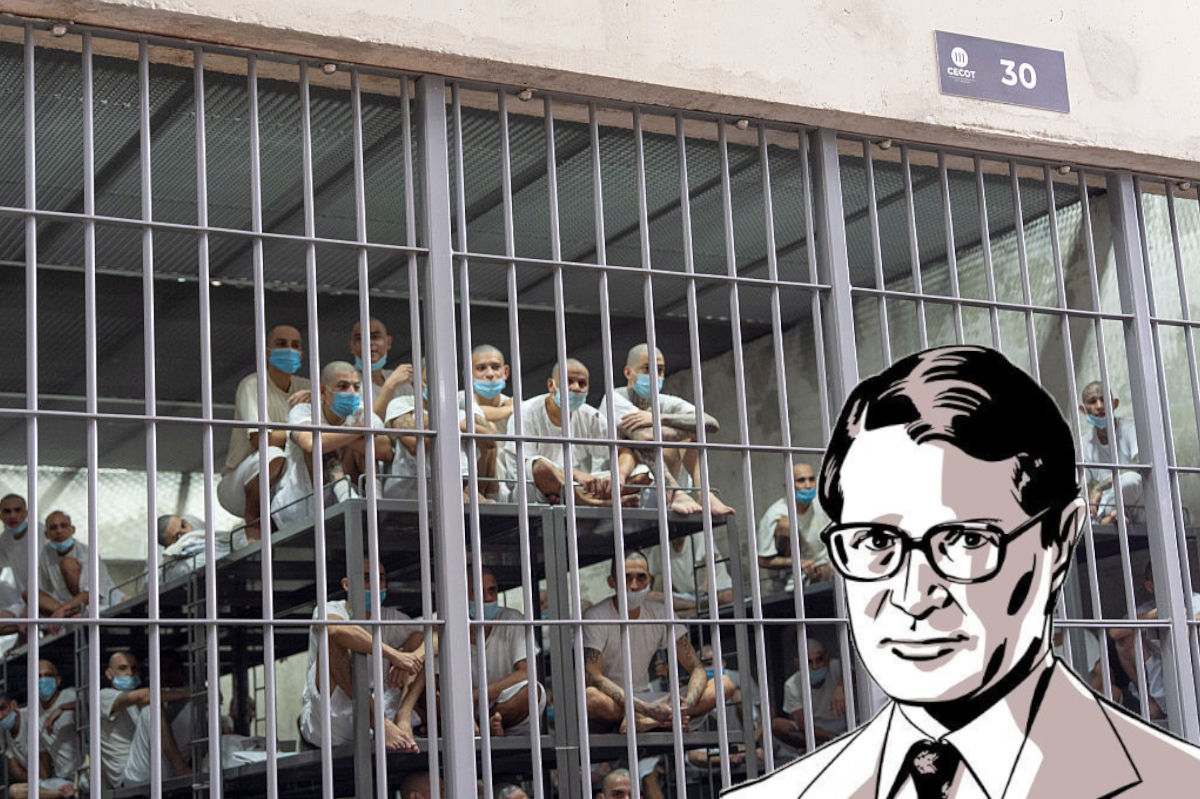Norway. That idyllic, small nation of five million people, is not what it seems. With its high standard of living, peculiarly slow TV shows (do you want to watch people build a clock for 30 hours?), and beautiful, quiet nature, you’d be fooled into thinking it’s a nice, peaceful country. But according to an article in the Guardian, Norway has a problem. It’s in the grip of pervasive, far-right nationalism, breeding terrorists by the…well, at least, two. And its right-of-center government, in spite of extending Norway’s generous welfare payments to newly-arrived immigrants, has been ‘appeasing and instrumentalizing hatred for years’, according to Sindre Bangstad, a Norwegian social anthropologist
‘Norway is in denial about the threat of far-right violence,’ reads the bombastic headline. It continues:
‘Norwegian Muslims enjoyed a grace period from hate after the 2011 attacks, but it was short-lived. Norwegian media editors, mostly privileged, white, male and middle-class, saw little reason for any substantial change and continued to push the idea that the solution to far-right hate speech was more and freer speech, and provided ever more prominent media platforms to far-right actors.’
Politicians were also in on it – Bangstad partly blames the Progress party, with its ‘far-right rhetoric’, which formed part of a coalition government with the Conservative Party in 2013. And politicians have been (wrongly) convinced that Islamist terrorism is the biggest threat, the article claims.
Hang on, though. Aren’t Norwegians among the least racist people in the world? That’s a fact that’s elegantly left out, as is research showing Norwegians are also far less Islamophobic than most Europeans (beaten only by the Dutch).
True, in August of this year there was an attempted terrorist attack at a mosque in Bærum, outside Oslo. And the atrocities carried out by Anders Behring Breivik in July 2011, killing 77, will forever leave a stain on Norway’s peaceful post-war reputation. But these two incidents were out of the ordinary in a country of five million people. Norway has so far been spared Islamist attacks like those in France and Britain, and hasn’t suffered from the crime wave by immigrant gangs that Sweden has. But terrorism from Islamist groups is still a serious threat. Norway’s PST (Police Security Service) classify Islamist terror threats as the most serious, although it has upgraded the threat of far-right extremism from ‘unlikely’ to ‘possible’ after the recent attempted mosque attack.
But to see in the upgrading of the terrorist threat posed by far-right groups a general mood of irrational hatred for immigrants and Muslims, and portray Norway as a hotbed for racism, is just wrong. The Conservative coalition government – led by a woman, incidentally – has largely followed in the footsteps of the previous Labour-led government when it comes to immigration policy.
It is also worth pointing out that Norway has the world’s largest research center on the extreme right which was set up by the same Conservative government that Bangstad claims is enabling racism.
So when Bangstad says that ‘young white Norwegian men [are] seemingly unable to cope with their perception of a loss of privilege’, it’s not so much an analysis as a political viewpoint. If all white men resent the fact that they’ve been marginalized in Norwegian society, why do only a tiny fraction of them become white supremacists?
Norway, like other European countries, is faced with a new set of challenges as it changes from a homogenous nation to a country with a growing immigrant population. Poverty among children is set to rise, prime minister Erna Solberg said in February, as many of the immigrants who arrived in 2015 and 2016 from Syria lack the qualifications to enter the job market. Nonetheless, Norway is coping with this influx a lot better than Sweden.
So is Norway in denial about its far right problem? Don’t believe it.
This article was originally published on The Spectator’s UK website.

























